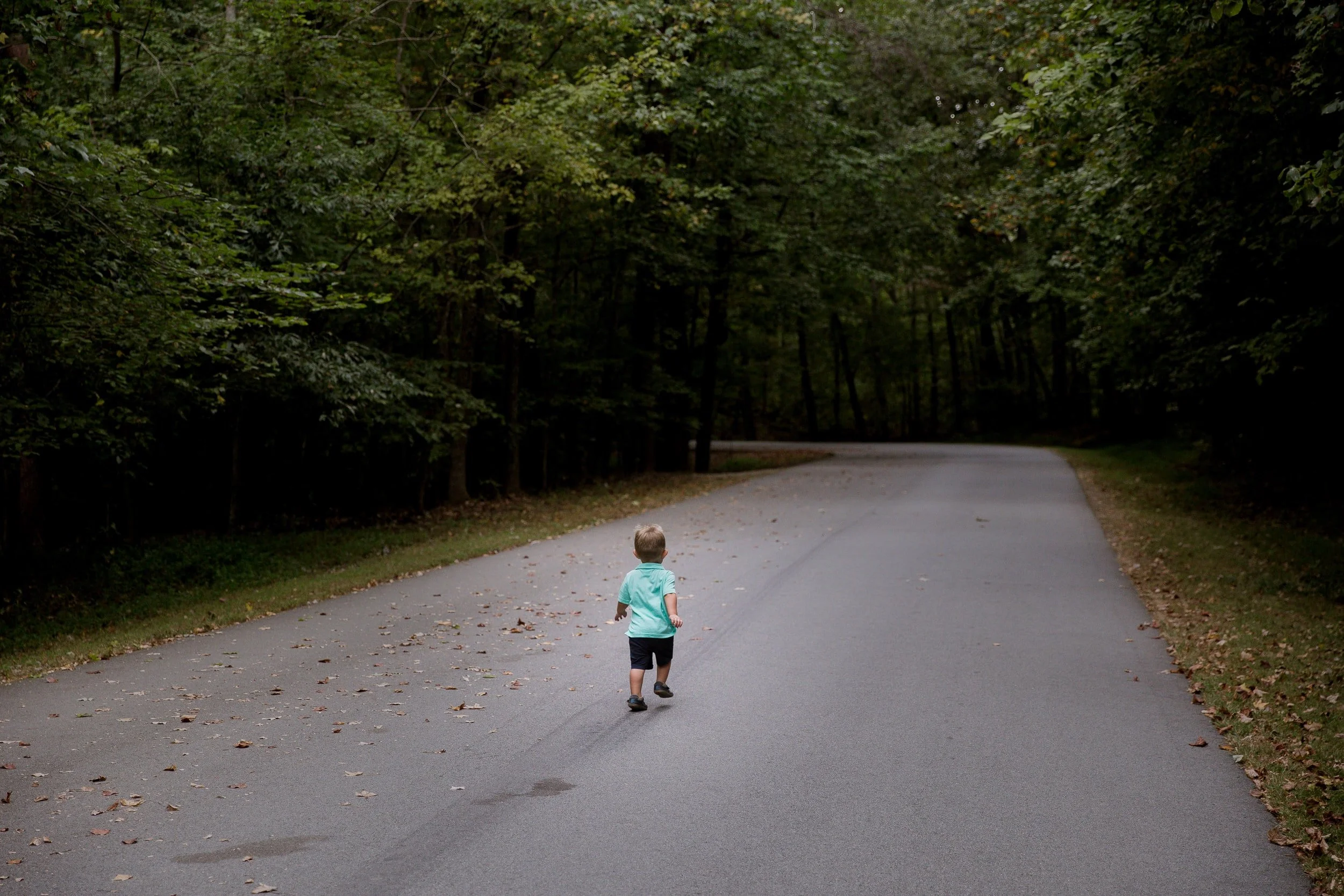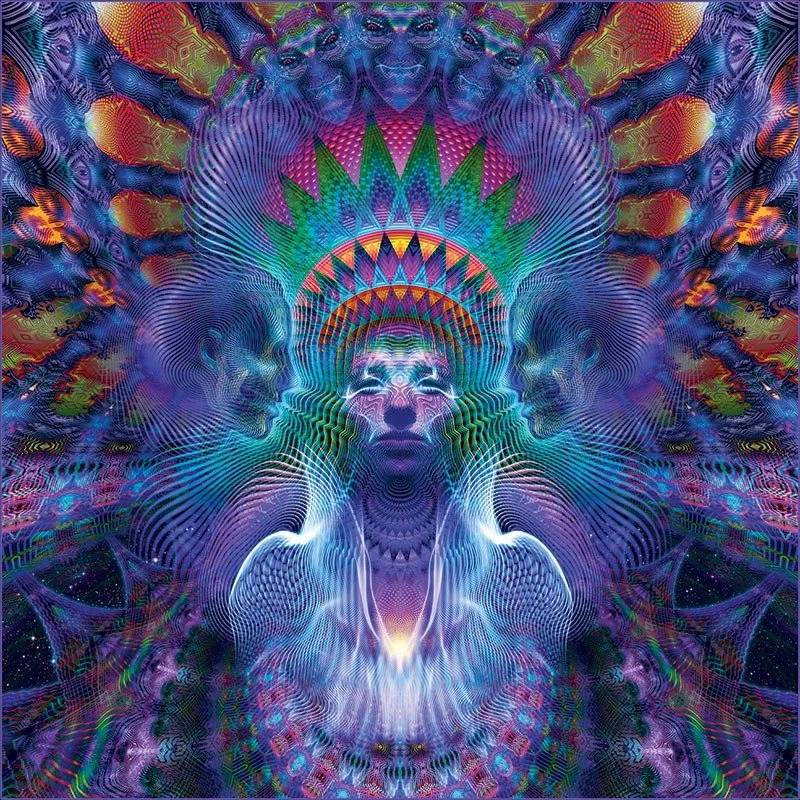The dangers of playing small
If I were to be honest, I have played small my entire life. As a child, I would contort myself into tiny little morsels for my parents’ delight. For my mother, I sculpted myself into a sort of personal accessory, accompanying her to the mall to help her pick out clothes or solacing her woes at the kitchen table. Whatever she needed, I was going to provide.
For my father, I pretended to like cars and holding the flashlight as he cursed his way through home improvement projects. “You want a beer, Dad?” I’d ask, noting his frustration. “Sure,” he’d muffle, as he peered into whatever mechanical conundrum eluded him. Seconds later, a perfectly poured beer would arrive by his side, all but ensuring my role as best helper ever.
Driving this insatiable need to belong was a lingering fear that was so pervasive it was hard to see. Most of this fear likely came from having broken my femur bone at nine months old. The compound fracture meant spending months in the hospital in a traction splint and partial body cast. My mother, having to abide by hospital visiting hours, could not be with me through much of the experience.
It would take becoming a psychotherapist and father to fully understand the repercussions of such an event. The brain of a nine month old is abuzz with neuronal excitement. Possessing 100 billion neurons, roughly the number of stars in the milky way, the brain is already equipped with most of the neurons it will ever need. Within the first three years of life, neurons are creating synaptic networks at a feverish clip, making sure to encode the behaviors and insights necessary for a healthy life. This is why psychologists view the first three years of life as crucial to a human’s overall wellness.
This is also why belonging and ensuring a sense of felt safety became consuming obsessions for me. I would be anything for my parents, and later my loved ones, so long as they wouldn’t abandon me. Abandonment, in this case, did not mean pangs of loneliness, but instead the threat of death, of the ineffable darkness that overcame me in that hospital.
In order to enshrine my place in the family, I made sure to snuff out the pieces of me that could potentially interfere. No tantrums or fuck you’s. Just endless smiles and unwavering accommodation. Unhelpful to my cause was the fact that when I did express anger or defiance, I was simply shunned. “What has gotten into you?” my mother would say, as she drew in the calm of her cigarette and gazed out the window. Those seemingly small gestures of dismissal sent me reeling, as if one small misstep could land me back in the hospital. I had only one choice: severe my messiness so as to fit nicely into the fabric of my family.
We all undergo some form of separation from our family. Whether our parents disappeared or simply judged our behaviors, as children we experience these events as existential threats. For after all, we depend on family for our very survival. We are therefore willing to do anything to maintain our place, even if that means cutting away parts of ourselves deemed unacceptable. In fact, the brain undergoes a thorough pruning process all throughout childhood and adolescence, resulting in the literal dismantling of neuronal networks that are not being used.
Some of us had to get loud and defiant to be seen. Or maybe we had to protect ourselves. Others had to become submissive to maintain connection. It’s incredible who we become to belong, to maintain safety, to assert power. We’ll do anything to satiate our core needs.
“Completely naive of what I was about to enter, I asked the plants for healing, whispering my intentions into the dark, syrupy brew before me.”
Regardless of what we become, we are still incomplete, for chances are one side of our personality was called forward to negotiate our needs. Interestingly, this means that we contain many long forgotten parts that are secretly yearning to play a part in our story. Luckily, those parts never fully disappear, but instead lie dormant, waiting to be called back into being.
Interestingly, I would have the chance to do exactly that at an Ayahuasca ceremony facilitated by a shaman from Panama. I had come to the ceremony by way of my future wife, who several months prior had underwent a profound experience with the medicine. Completely naive of what I was about to enter, I asked the plants for healing, whispering my intentions into the dark, syrupy brew before me. “Muy bien, Chris,” said the shaman. He then sang into the cup, his voice thunderous and round, pouring forward from impossible depths.
Almost instantly, I could sense the medicine. She appeared as a snake coiling herself around my spine. Slowly, deliberately, she slithered up towards my brain stem and asked if I was ready, to which I responded, “Yes.” And just like that, I was nine months old again, crying out into the vast, empty night, surrounded by a harsh cacophony of beeping machinery. The terror was so acute that it rattled through me as a violence of its own. Without the architecture of language, it came to me as a force black and bereft of life.
Then a figure emerged. Her shape, radiating with vibrant, iridescent colors. At first intangible, she slowly morphed into a motherlike being. She then glided into me and enveloped the neuronal cluster that was my wound, my memory, my nine month old self. She held that baby with pulsing tenderness, attuning to my pain, leafing through its cellular layers with warm curiosity. “My poor baby,” she whispered, permeating all of me with rapturous warmth.
She then told me that I was to be raised again, this time without the fear. “You are to be a man,” she told me. “Proud and upright, you are to be powerful and dangerous even. You are not to inflict harm, but you are to wield enormous strength. And this will allow you to love properly, for love without backbone is not love at all.”
“Then a figure emerged from the dark. Her shape, radiating with vibrant, iridescent colors, shifted into a motherlike being. “
I didn’t know how to make sense of this message. Throughout the night, she sat vigil alongside me. Occasionally she would hold me, sing to me, or whisper messages. “You are a man, not a toy for your mother,” she repeated until I felt it percolating up through my stomach, the intensity of which sent me into a breathless, cold sweat.
She then spent what felt like days teaching me how to test boundaries, how to offend others if needed, how to ask a woman to love me, how to revel the depths of my own darkness.
“You didn’t make these mistakes, you didn’t stumble through the messy terrain of becoming a full being. You played small to belong.” I could tell that years of anxiety and depression were behind this one truth. We have all done this to some extent. And yet the cost could not be greater. When we choke off parts of ourselves that are inherently human, regardless of how dark they may be, we run the risk of dampening our spirit, of suppressing our life force. This is where the concept of depression emerged: in some way, we unconsciously “depress” parts of the self to meet deeper, emotional needs.
I spent months trying to comprehend my experience with this motherly being. Remarkably, much of the panic that made up my everyday life had dissipated. I slept heavy each night, the weight of me now tethered to the vastness of the world. ‘I’m alive,’ I remember thinking. ‘And I am large.’


